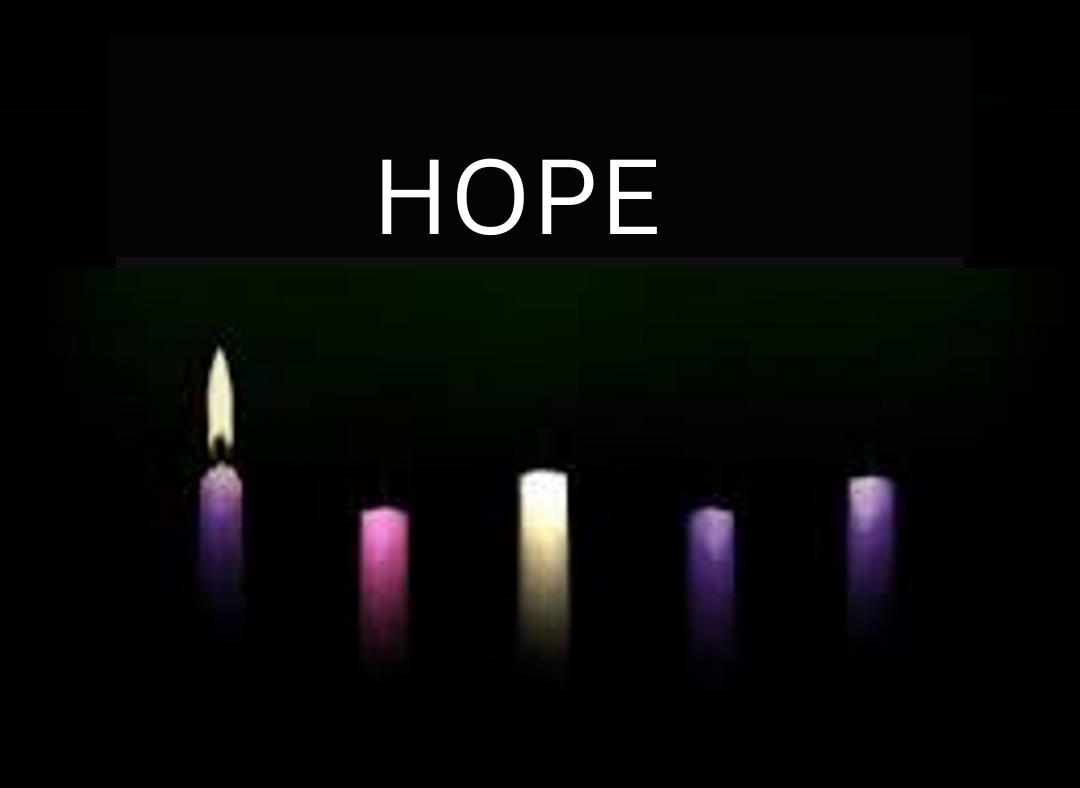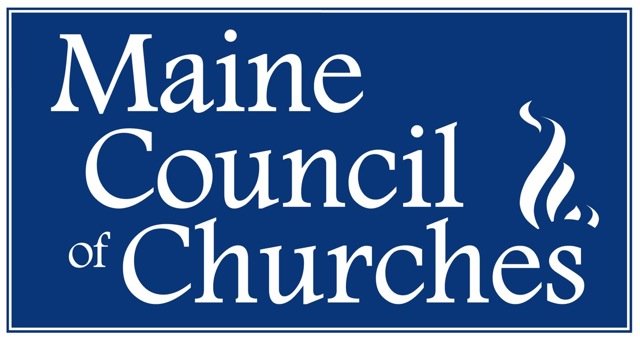Advent 1

O Come, O come, Emmanuel
For five weeks every year, songs about the incarnation of Christ can be heard playing everywhere—on your radio and TV, at the car wash, in the grocery store. And just about everybody knows the words. They might not be able to tell you what the first book of the New Testament is (just for the record, it’s Matthew), but they can tell you that all is calm, all is bright on a silent, holy night in the little town of Bethlehem where away in a manger the little Lord Jesus lay down his sweet head while certain poor shepherds lay in fields listening to angels on high singing “Gloria in excelsis deo,” and three kings of the orient bearing gifts traverse afar. Christmas carols are, after all, the best known of all religious music, and these days, most people get the only theology they have from the carols that they sing. This year our Advent blog series will explore a favorite carol each week, listening to familiar words with fresh ears and learning the story of when, where, and why they were written. (We also have an Advent message for December’s National Gun Violence Prevention Sabbath available at this link.)
O Come, O Come, Emmanuel
O come, O come, Emmanuel, and ransom captive Israel
that mourns in lonely exile here until the Son of God appear.
Refrain: Rejoice! Rejoice! Emmanuel shall come to you, O Israel.
O come, O Branch of Jesse’s stem, unto your own and rescue them!
From depths of hell your people save and give them victory o’er the grave. Refrain
O come, O Bright and Morning Star, and bring us comfort from afar!
Dispel the shadows of the night and turn our darkness into light. Refrain
O come, O King of nations, bind in one the hearts of humankind.
Bid all our sad divisions cease and be yourself our King of Peace. Refrain
This song, recorded by musicians as varied as U2, Whitney Houston, the Punch Brothers, and Enya, begins with a word that signals it’s a carol all about Advent. In the original Latin, that first word is “Veni,” which shares the same root as the word “Advent,” and means “O Come.”
“O Come O Come Emmanuel” is very different from more popular Christmas carols. It’s dark and gloomy and set in a minor key. Its words don’t exactly conjure up images of cozy fireside Christmas trees, roasting chestnuts, sleigh rides, or even a Christ child asleep on the hay: instead, there are captives mourning in lonely exile, waiting for God to pay the ransom; we’ve got Satan’s tyranny and the depths of hell, victory over the grave, the path to misery, gloomy clouds of night, death’s dark shadow, and broken people yearning for a savior to come. (Ho, ho, HO!) And the tune? Turns out it was originally a chant sung (with different words) during funerals of French nuns in the 15th century. Merry Christmas!
More than 1,000 years after a medieval monk wrote the words to “O Come, O Come Emmanuel,” they were translated into English in 1851 by a priest in the Church of England, John Mason Neale, a prolific hymn writer, who created or translated more than 400 hymns, including the Christmas carols “Good King Wenceslas,” and “Good Christian Men, Rejoice!” and the hymns “All Glory, Laud and Honor” and “Of the Father’s Love Begotten.”
Shortly after his ordination in 1841, Neale got into trouble with church authorities because of his involvement with the “Oxford Movement,” a group of renegade clergy who thought the Church of England should reunite with the Roman Catholic Church and recover the ancient traditions and architecture that were lost during the Reformation. But the reason he left his first call as a parish priest after just six months wasn’t because of his unpopular beliefs; it was because he had been in very poor health most of his life and had to resign and move to the Madeira Islands off the northwest coast of Africa to recover from a life-threatening lung infection. When he returned to England three years later, his reputation as a Catholic sympathizer preceded him and the bishop wouldn’t give him another church position, nor allow him to administer the sacraments to anyone.
Instead, he was sent to the slums of East Grinstead, south of London, and put in charge of a poor house for the elderly. There he would stay for the rest of his life, serving the poor, advocating for living wages, fair rents, improved working conditions in factories, and lower infant mortality rates among England’s poorest communities. He founded an orphanage, a school for girls, a house of refuge for former prostitutes, and the Society of Saint Margaret, an order for Anglican nuns devoted to nursing the sick that still exists today in England, the United States and Haiti. He accomplished all that in just 25 years of ministry, before his death at age 48. During his lifetime, he was never paid more than 27 pounds a year (that’s equivalent to $4,500 a year today). Three years before Neale died, the bishop finally relented and allowed him once again to administer the sacraments to the elderly, poor, orphaned, and ill whom he had served so faithfully for nearly two decades.
Neale translated the words of “O Come, O Come Emmanuel” after he had been working in the slums of East Grinstead for five years. Conditions there were desperately grim. Think the Cratchett family and Tiny Tim in Charles Dickens’ A Christmas Carol, then imagine it worse times ten. Large families lived crammed in single rooms without proper sanitation or ventilation. Whole tenement buildings shared one row of outhouses that sat over an open cesspit. A cholera epidemic had raged through the slums just two years after Neale moved there, killing thousands. Crime was rampant (remember Jack the Ripper?), and so was malnutrition—most people only got two meals a day of gruel, and ate meat just twice a week, if they were lucky. Garbage was thrown into the streets, there was very little access to clean water, and the air was thick with soot and smoke from the factories and textile mills.
Reread the words of the hymn that John Mason Neale translated now that you know he did so while living in those horrific slums. Praying that God would come and ransom captives who mourn; that God would save people from the depths of hell; that God would close the path to misery, disperse the gloomy clouds of night and put death’s dark shadow to flight; that the King of nations would come and refresh hearts that long for him, would restore broken people and make them new? Suddenly this ancient hymn takes on a new and profound meaning, doesn’t it? To call on Emmanuel to come must have felt to John Mason Neale and the people he served like an urgent necessity, not just a sentimental saying on a lacey Victorian Christmas card.
The traditional theme for the first Sunday of Advent is “hope.” When we think about John Mason Neale and those whom he served, and we consider what it means to have hope—the carol “O Come, O Come Emmanuel” seems like the perfect song to sing. It acknowledges the brutal reality of poverty, injustice and suffering and describes how desperately a savior is longed for—hoped for—in the midst of unimaginable hardship in the depths of a living hell where death’s dark shadow lurked and people were broken in body and spirit.
The Advent hope expressed in this carol is for a very particular kind of savior: the Emmanuel kind, “God-with-us,” which is what the word Emmanuel means in Hebrew (immanu = with us; El = God), a “with-us” God, not a distant, far-off God who hovers somewhere up there, but one who comes down here. God with us. Emmanuel. And that makes all the difference.
It is because of that good news that John Mason Neale, and the hungry, homeless, suffering people he served, and the clever monk behind cloistered walls in the Dark Ages, and all the faithful who have sung his words for the past 1,200 years, including us, can sing: Rejoice! Despite the mourning and the exile. Despite the loneliness and gloomy clouds of night. Despite death’s dark shadow and the brokenness. Despite Satan’s tyranny, misery, and the grave. During this first week of Advent, we light one candle in the darkness—the candle of hope—as we sing, “O come, O come, Emmanuel.” And we rejoice. Because Emmanuel has come to us. God is with us.

